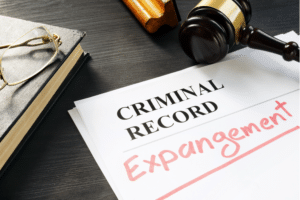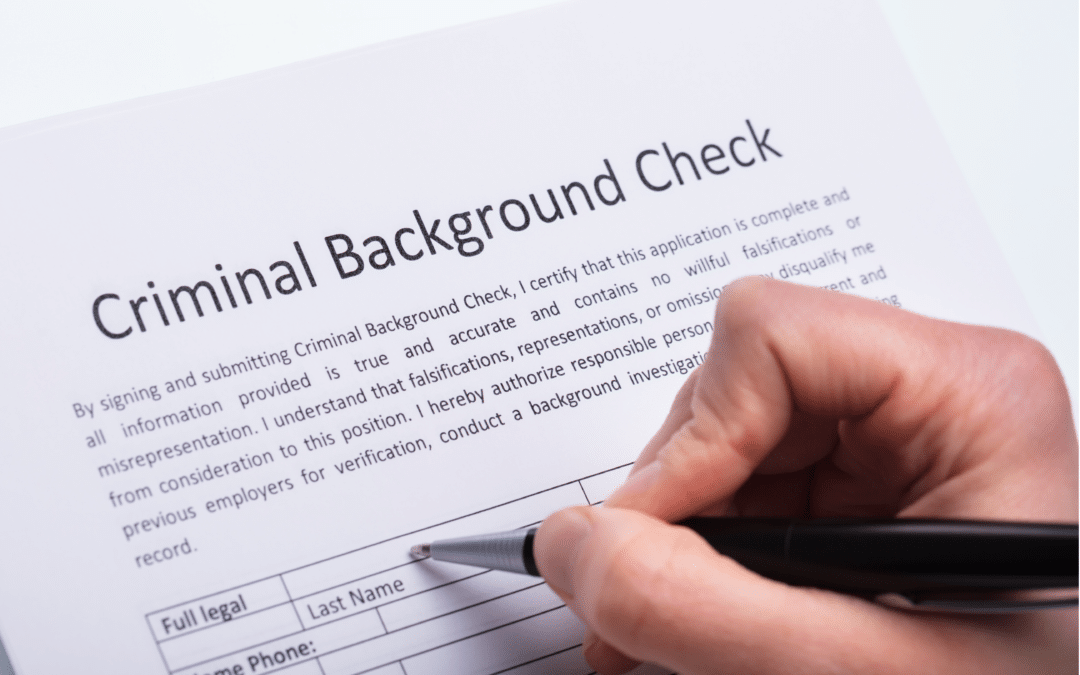Criminal record suspensions (formerly Canadian pardons) in Canada are an essential part of the restorative justice process. A criminal record severely restricts a person’s ability to work and volunteer. Rehabilitation of people who have served their time is an important part of a healthy society. This increase is in accordance with the Service Fees Act, which requires departments that charge an application fee to increase their fees on an annual basis according to the Consumer Price Index (CPI).
One of the issues with receiving a record suspension for low income and marginalized Canadians is the cost and complicated process. The Parole Board of Canada increased the fee to $644.88 (effective March 30th, 2020) to process the application. The process to compile the application requires numerous steps, such as obtaining court records and fingerprints, which places a burden that may not be affordable for those who need it most. With fees for fingerprints and to access police and court records it can make the process prohibitive for people who need help in getting a record suspension for their past mistakes. Access to restorative justice is an important issue for advocates who work with marginalized communities.
The current Liberal government has not taken action to remove restrictions that were put in place by the previous Conservative government, which both increased the fees and waiting times for people to be eligible to apply for a record suspension. The legislation increasing the waiting period has been ruled unconstitutional by the courts in both BC and Ontario, yet no action has been taken by parliament to fix the process. People should not have to wait 5 years from the completion of their sentence to be eligible for a pardon for minor criminal offences. Between the financial costs and the long wait times those who are convicted of minor offences are being stigmatized for longer which keeps them marginalized by society and from contributing to their community. It is unjust to keep punishing people who made minor mistakes once they have served their sentence and have a clean record for several years. A tough on crime stance by the former Harper Conservative government has created more challenges for low income people who need pardons for past minor criminal offences.
The current government did pass legislation that waived both the fees and waiting period for criminal convictions of simple cannabis possession. Many people say that it does not go far enough in helping people lift the burden that a criminal conviction for simple cannabis possession has. Instead there is a push for expungement of these records now that recreational pot has been legalized. Expungement would permanently destroy or remove the records and has been used to remove past pot convictions in some US states, like California. If that occurs, then it will help the marginalized and those who cannot afford a pardon for their criminal record of simple cannabis possession.

Disproportionately Canadians convicted of minor offences tend to be lower income or marginalized people, such as Indigenous people. With minor offences affecting their ability to find employment and other opportunities, it creates a spiral effect that hurts society overall. One of the important parts of AllCleared is advocacy to make the record suspension process simpler and fairer for Canadians who need it. With 1 in 8 Canadians having a criminal record, it is important to advocate for their rights, especially since convictions for minor offences can hinder people from contributing to their communities.
We believe that you deserve a second chance and will assist you throughout the application process by making sure all proper documents are complied and submitted to the Parole Board of Canada so that your record suspension is successful. With 30 years of experience you can trust that we know the process and will work hard to give you the best chance at success. With payment plans of up to 16 months we make getting a criminal record suspension affordable and convenient from start to finish.
Not sure if you qualify for a record suspension? Click here to find out using the eligibility tool.

